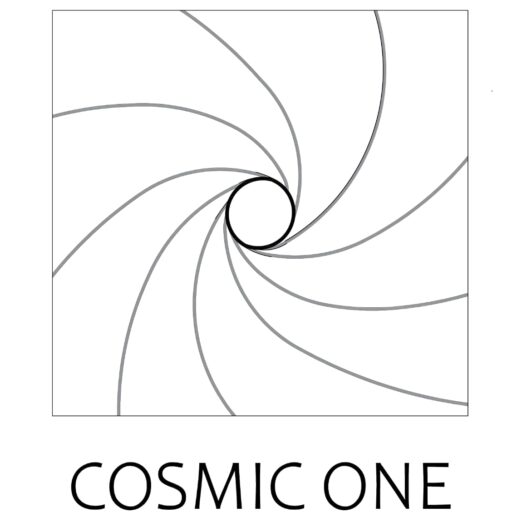This model successfully clarifies differences in wellness, however it typically doesn’t truly catch existence fulfillment because it is extra objective and less customizable centered on exactly what every person beliefs.
Existence fulfillment procedures are subjective, or according to the factors that an individual locates truly important in their lifestyle. Yourself satisfaction will not be determined based on an aspect you do not in fact look for personally meaningful.
You might also discover another label thrown pertaining to with life fulfillment and joy: total well being. Total well being is yet another way of measuring happiness or well-being, however it is connected with live conditions such as the amount and top-notch meals, the condition of a person’s health, and also the top-notch one’s shelter (Veenhoven, 1996).
Once more, the difference between this connected changeable and lifetime happiness usually existence happiness was subjective and much more naturally mental. Somebody who is homeless or terminally ill might have a greater lives satisfaction than a rich person in great health, simply because they may spot benefit on a very various pair of variables compared to those involved in well being.
Lifetime Satisfaction Theory and Mindset
- Bottom-up theories: life satisfaction resulting from fulfillment for the most domains of lifetime.
- Top-down ideas: existence satisfaction as an influencer of domain-specific happiness (Heady, Veenhoven, & sporting, 1991).
Bottom-up ideas hold that individuals discover satisfaction in lot of domain names of existence, like services, relations, family and friends, personal developing, and physical fitness. The satisfaction with the help of our stays in these avenues mixes generate the total lifetime fulfillment.
In contrast, top-down concepts claim that our general lifestyle happiness shapes (or even determines) our very own lives satisfaction in a lot of different domains. This discussion are ongoing, but also for the majority of people it is sufficient to realize total lifetime pleasure and fulfillment within the multiple domains of life is closely linked.
The ideas and talks which are drawing a lot more interest are the ones about how precisely the system of assessing one’s existence works. How can we decide that people become satisfied with our lives? Just how can we identify that we are not?
Specialist Jussi Suikkanen’s idea of lives happiness is actually an interesting one: you were satisfied with the woman lifetime whenever a€?a a lot more aware and logical hypothetical type of hera€? would judge that the lady life fulfills the girl perfect life-plan (2011). This principle prevents one of the main issues that affects the easier form of this theory-that you were happier when she judges that this lady lifestyle fulfills her perfect life-plan.
Absolutely definitely no problem with getting in an instant delighted, it requires more than simply feeling briefly thrilled to has lifestyle satisfaction!
Research and research
Even though the regarding good psychology around 2000 spiked interest in constructs like contentment, health, and existence happiness, these information have been popular with psychologists for a dating for seniors beoordelingen number of many years. Therefore, there’s an effective muscles of work in which to base all of our understanding of lifestyle pleasure.
Title Ed Diener ‘s almost synonymous with well being and lives fulfillment; even as we’ll cover later on, Diener’s size computing life fulfillment is one of the most commonly used machines in good therapy.
Since the 1980s, Diener’s services might in the lead on analysis into these topics. The guy actually created the expression a€?subjective well being,a€? or SWB, and released SWB as a quantifiable aspect of the elusive construct of delight.
From Diener, we in addition realize that men and women are generally speaking delighted. A groundbreaking study in 1996 found that about 1 / 3rd men and women in america state they’ve been a€?very happya€? and just one out of ten state they are a€?not also happya€? (Diener & Diener).

Recent Comments